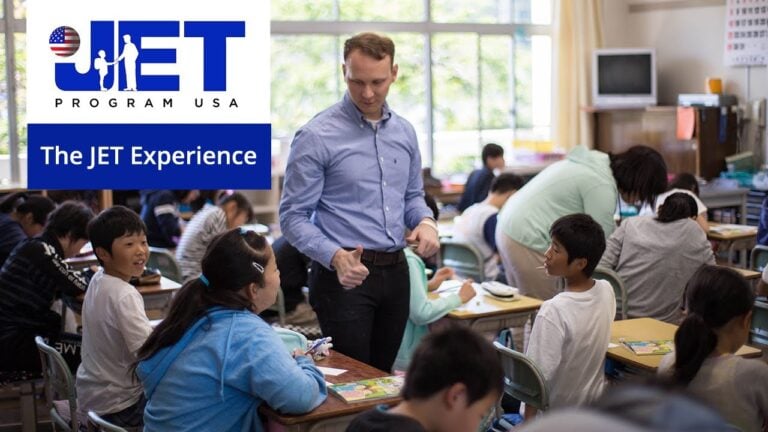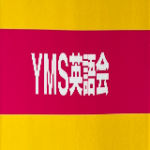
How are ALTs doing?
Assistant Language Teachers (ALTs) in Japan enter a system with roots that trace back to the 1970s. What started as a small exchange program has morphed into a huge network, employing nearly 20,000 teachers in roles that span from kindergartens to senior high schools. Despite the diversity in job titles, contract types, employers, and work conditions, there are significant issues affecting ALTs across Japan. Salaries have been stagnant and even declining as BoE (Boards of Education) frequently choose the lowest price option for providing their teachers. It’s a race to the bottom!
That’s why the General Union is trying to push for better working conditions and pay for ALTs in Japan.
Our first step in reforming the ALT system is to know concretely what’s wrong with it for ALTs. On Monday 26th of June a Seminar will be held and attended by diet members, local city councillors, and members of the press.
Why is this happening?
Labor law amendments have contributed to the growing instability for ALTs. Directly hired teachers are frequently forced into yearly contracts, mandating annual re-interviews for job retention. Meanwhile, participants of the JET Programme find themselves forced out when their contract limits expire, so their salaries can be given instead to less experienced teachers who can’t argue for better wages.

The General Union’s 600+ person survey found that 49% felt that contract renewals for JET were unfair.
If you have time come to the seminar on Monday. The results of the survey will be shared to show the government that we are serious about improving working conditions and pay for ALTs.















